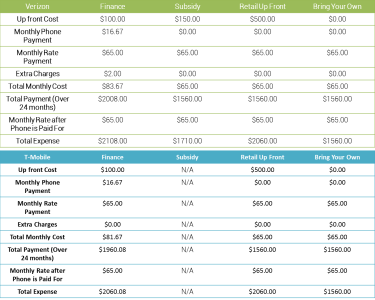. We should use SD until something better becomes available.
Something better does exist, and a myriad of options. There are OTG cables to use flash drives/thumbsticks, wireless external drives, cloud backup, etc. Any of these or a combination of these can provide a better experience. Really, who cares about a 32GB or 64GB SD card that can be destroyed by the phone because of buggy software, when you can have 3TB available that's just as portable? I don't need 3 TB, but some people might. Dollar for byte, this is MUCH cheaper than SD cards are.
With apps not being able to be put on SD (they can with root, 95% or more of users never root), it means it's a way to carry around music and photos. Google back's up your photos for free and gives you 20,000 free songs, of which you can pin or unpin an unlimited number of times to your devices. The cloud isn't there for everyone either, but it is for the vast majority of people who can upload/download on wifi without worrying about data plans.
Because there isn't a one size fit's all, I agree that larger internal storage should have been released first. As we've covered before, there is a reason we hadn't seen greater than 64, but with everyone buying phones that have SD cards, we're basically telling Sammy that they're band-aid is okay and we don't want them to innovate a better solution.
Think about batteries in the same light. Battery tech as announced last year can make phones that last for weeks. Last week they announced they could charge those batteries in under a minute. We keep asking for removable batteries. What's the incentive for the carriers to adopt this new (and probably expensive) tech? We're telling them that a battery that lasts 6 hours is okay as long as we can have 5 of them to get through a day.


